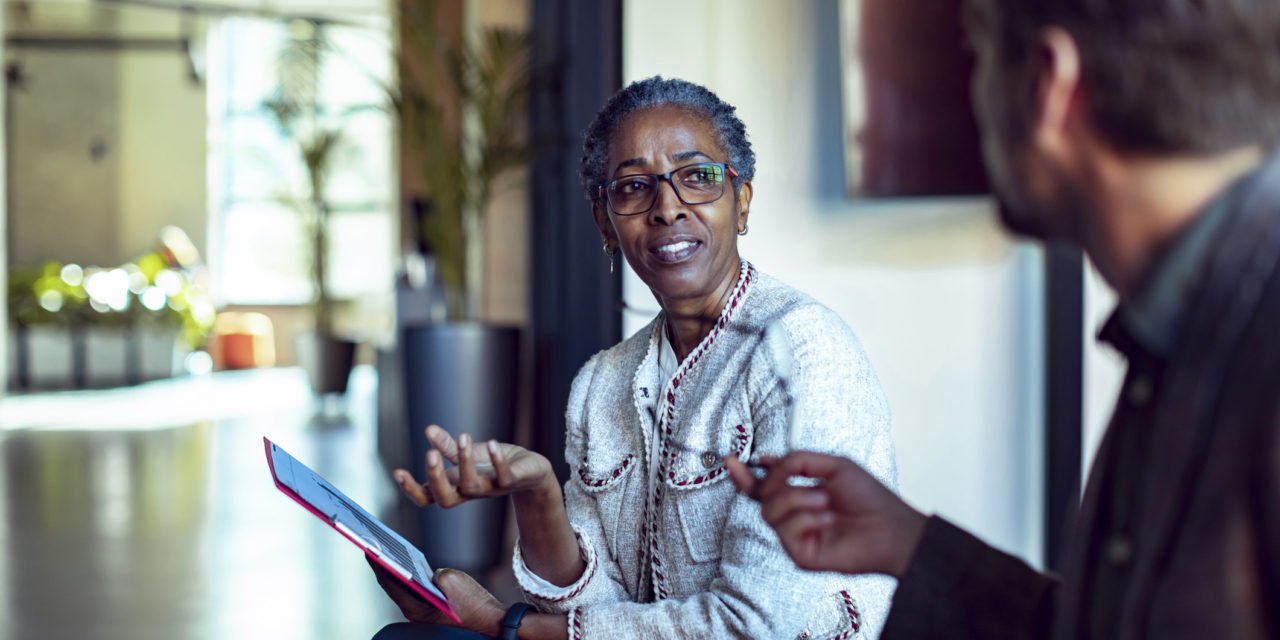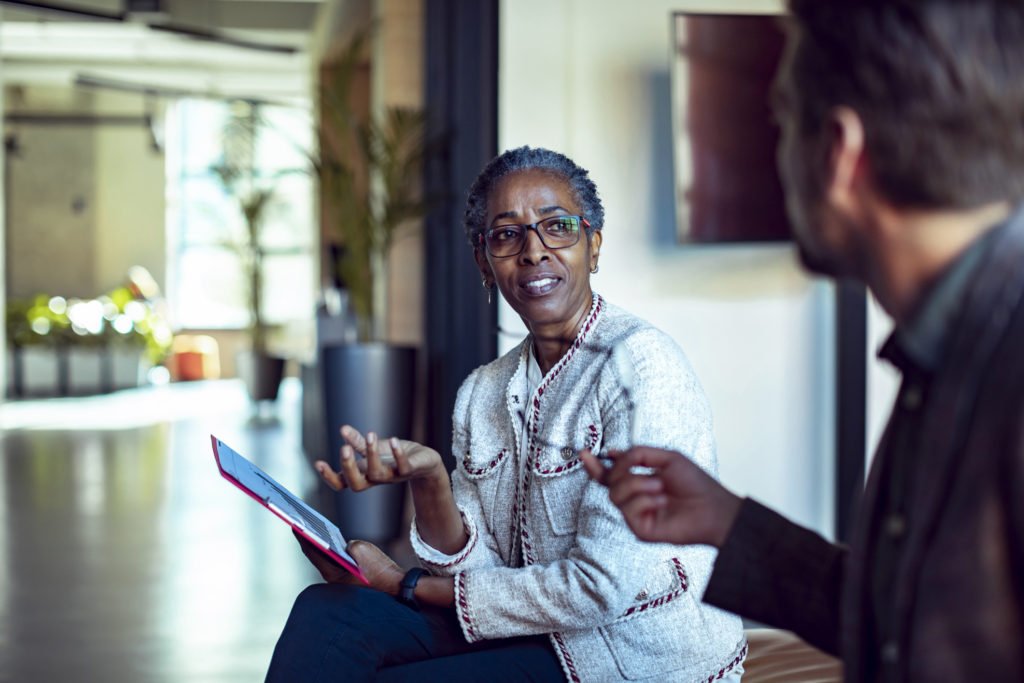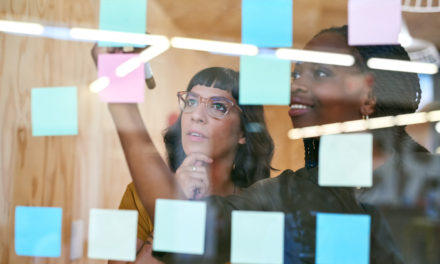One thing that has been hard for me to understand is: Why does it hurt more when I am rejected by one side of me vs. the other? Why does it hurt more if I am not supported by a woman vs. a man at work? Why do I obsess if I feel rejected by members of the African diasporic community?
As a young kid growing up in a Minnesota suburb to a family heavily influenced by white culture, I spent a lot of time wishing that I had what I perceived as a “Black experience.” I was one of the only Black kids in school, and my family was one of the only Black families in our town. I used to look longingly at Minneapolis from my small suburban community. (Yes, Minneapolis!) I wanted a big Black family led by a strong, loving Black matriarch who made me sweet potato pie at Thanksgiving and lots of cousins to see at family reunions. Most importantly, I wanted to live around diversity. I had many of the things I desired… but I didn’t realize it because my Black family is in Lagos, Nigeria. I have only met them once. My white family has been a central, accessible, important part of my life. My Black family has loved me and cared about me from afar.
As a young kid growing up to a family heavily influenced by white culture, I spent a lot of time wishing I had a 'Black experience.' I was one of the only Black kids in school, and one of the only Black families in our town. Click To TweetI tried very hard to learn as much as I could about Black culture (without the benefit of the internet). I stayed up extra late at night to hold my stereo antenna in the corner of my room to tape KMOJ Radio, a popular Black radio station in the Twin Cities. I got up early on Saturday mornings so that I could watch Soul Train, and I snuck downstairs late at night to watch Comedy Def Jam. I watched Sister Sister, Family Matters, Fresh Prince, and the Cosby Show. I read Essence and Ebony religiously. When I got my license, I drove to Minneapolis every weekend (for absolutely no reason) even though I got lost every time and had to use the Mystic Lake Casino lights in the sky to lead me home. I begged to go with my dad to any Nigerian functions. I tried everything I could think of, yet I didn’t feel Black enough.
My obsession with being Black is why I was so excited to go to college. I knew there I could have Black friends and Black experiences. In my mind, college was going to be like A Different World, and I was ready. I showed up to school fully expectant to be accepted by my Black peers; however, the opposite happened. My peers couldn’t get over my thick Minnesota accent, my hair and dress, and my different life experience. They called me Hillary (from the Fresh Prince). They even went as far as to make me a Hillary t-shirt for a school event, instead of using my name. (They claimed it was a mistake. It was not… and it hurt bad).
Many young adults go through a period of self-discovery in college. I was no different, however the hurt of rejection from my Black peers stayed with me for a few years until I joined a Black sorority. Alpha Kappa Alpha’s sisterhood finally allowed me to become accepted and embraced by my Black community. I studied African American studies, sang in the school Black gospel choir, learned how to cook soul food, and had exposure to many of the experiences I was so desperate for growing up. The last thing on my list to check off was having a Black family of my own.
The subject of how Black I am, appear, sound, act…is still my biggest trigger. I don’t know if people quite realize how hurtful that can be to someone with a mixed-race identity. One social mistake and you feel like a fraud. When I hear someone make a joke about “acting white” it brings me right back to college. When someone tells me I have “good hair,” I am offended. When I meet someone who is surprised that I am Black because of how I spoke on the phone, it upsets me. When someone makes a judgmental comment about a white mother and her mixed children, I am triggered….or when someone says that I am “not Black” but I am mixed. Racial social rejection will always be something about me that makes me slightly insecure because racial capital is something I took years of my life trying to collect. I find it an interesting conundrum, but I find comfort in being a part of a greater community that can talk about it openly.
The subject of how Black I am, appear, sound, act is still my biggest trigger... when I hear someone make a joke about 'acting white,' or tells me I have 'good hair,' or is surprised I am Black b/c of how I spoke on the phone. Click To TweetThere is privilege and honor in being socially accepted in your racial community. There are those of us that did not have that access. I know there are others out there who have had similar experiences. Now that I am older, I understand that what I perceived as “authentically Black” is not real. My experience and life are a Black experience, because I am Black. No one has the right to tell me if I am Black enough. It took me decades to figure this out.
Do you have similar experiences? Please write in the comments, and let’s keep this dialogue open. If there is a multi-racial person struggling with racial identity, your words of wisdom and experience could be the comfort that they need to hear.
Now that I am older, I understand that what I perceived as 'authentically Black' is not real. My experience and life are a Black experience, because I AM Black. No one has the right to tell me if I am Black enough. Click To Tweet



















